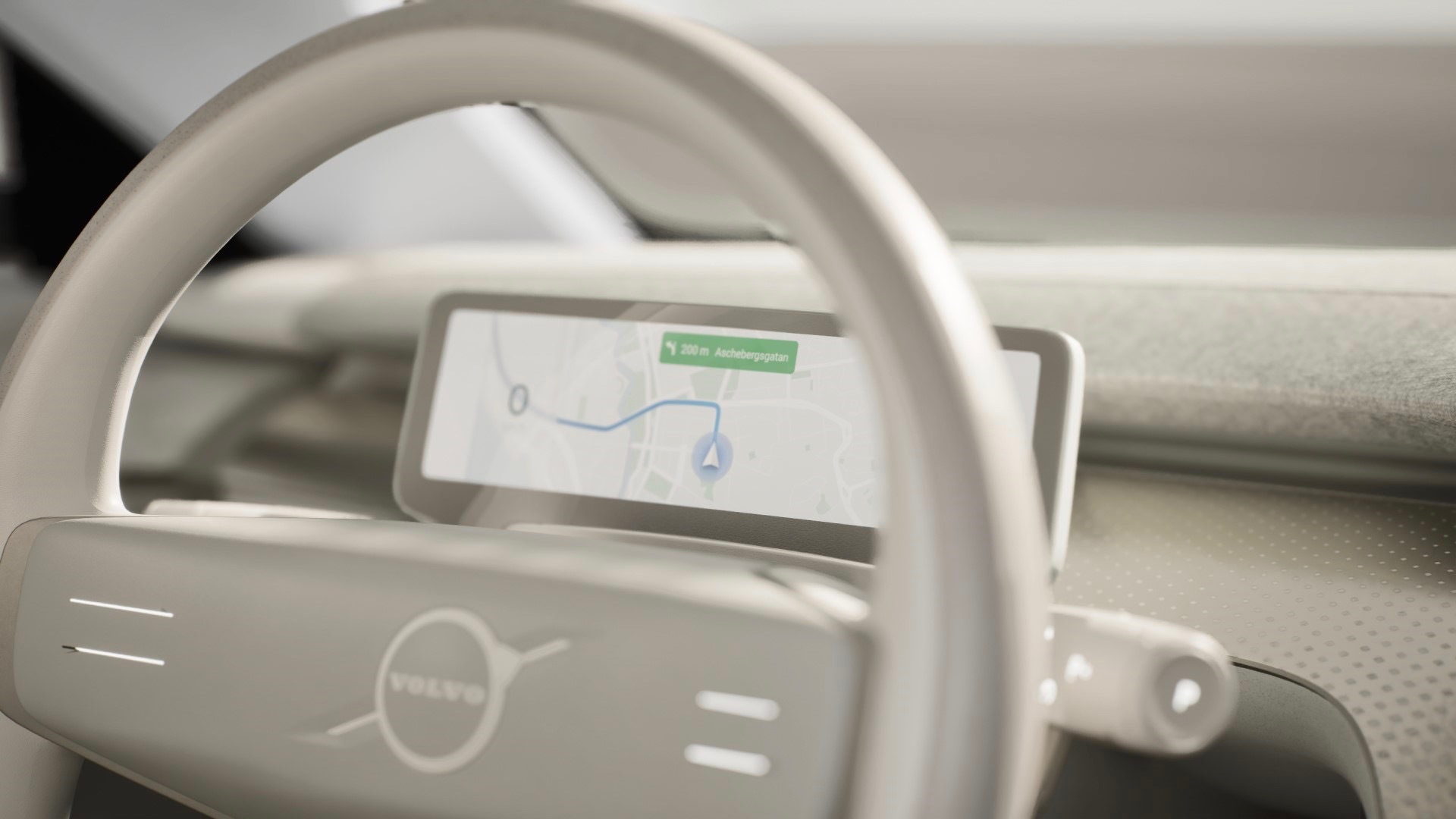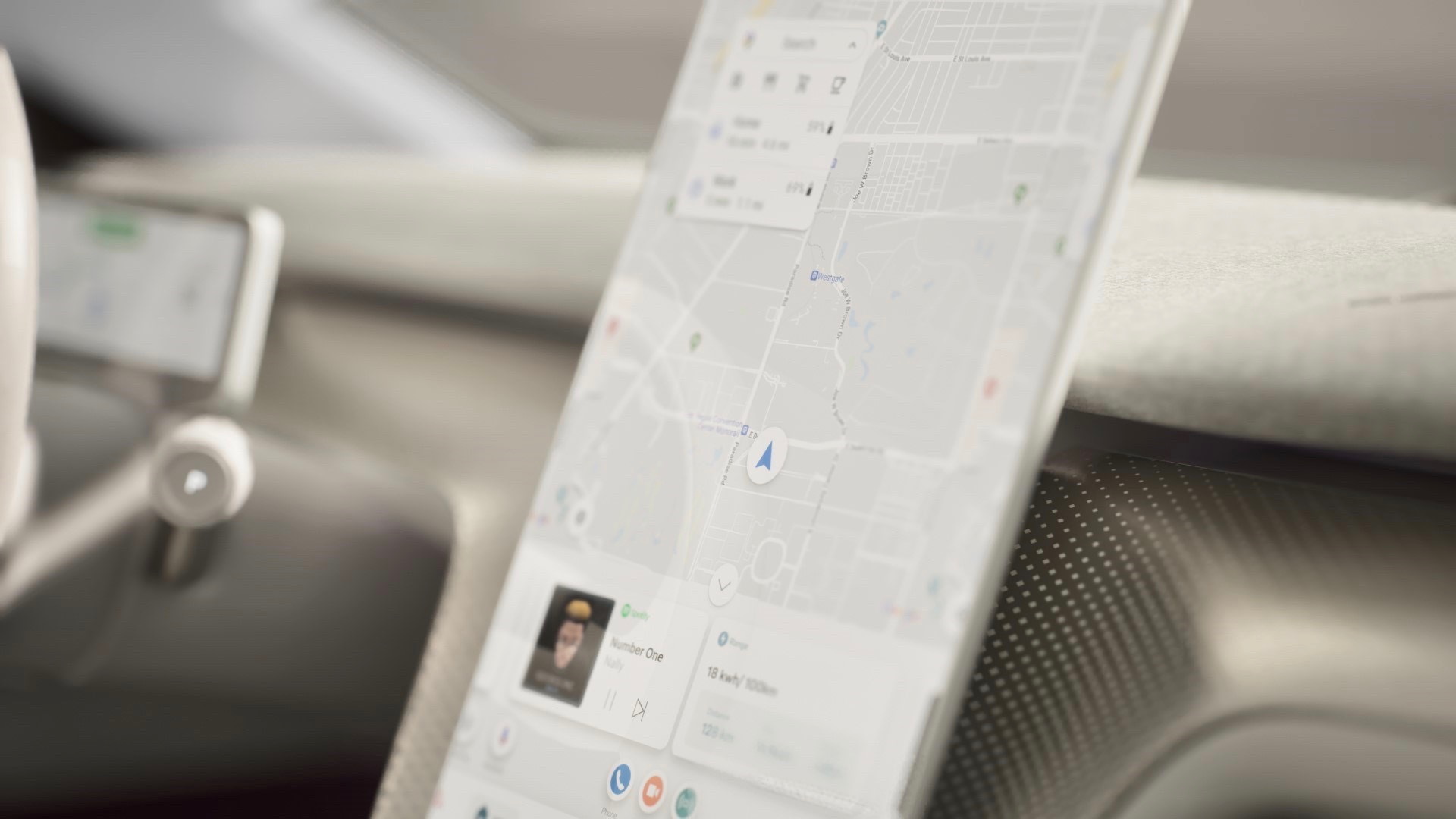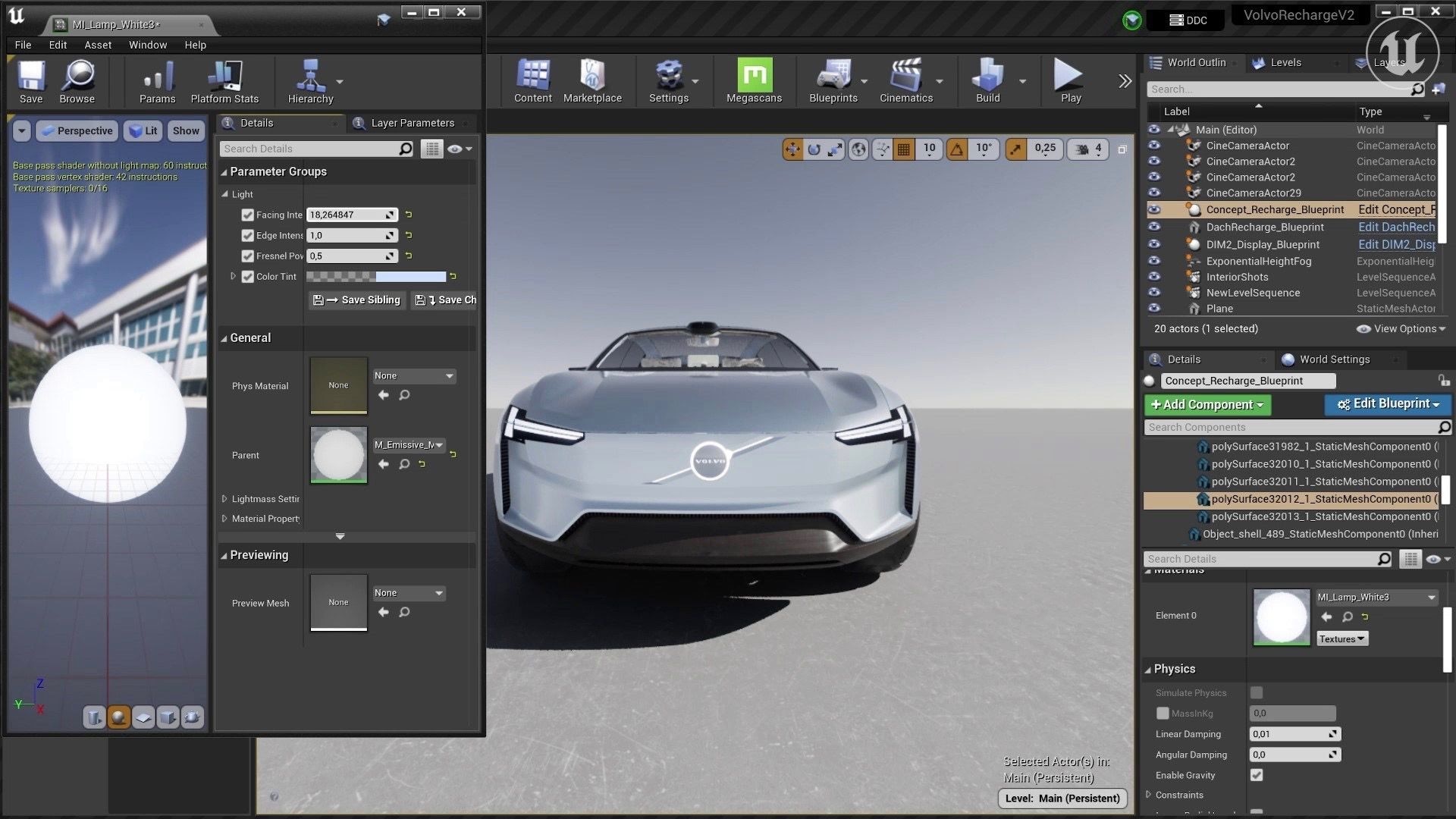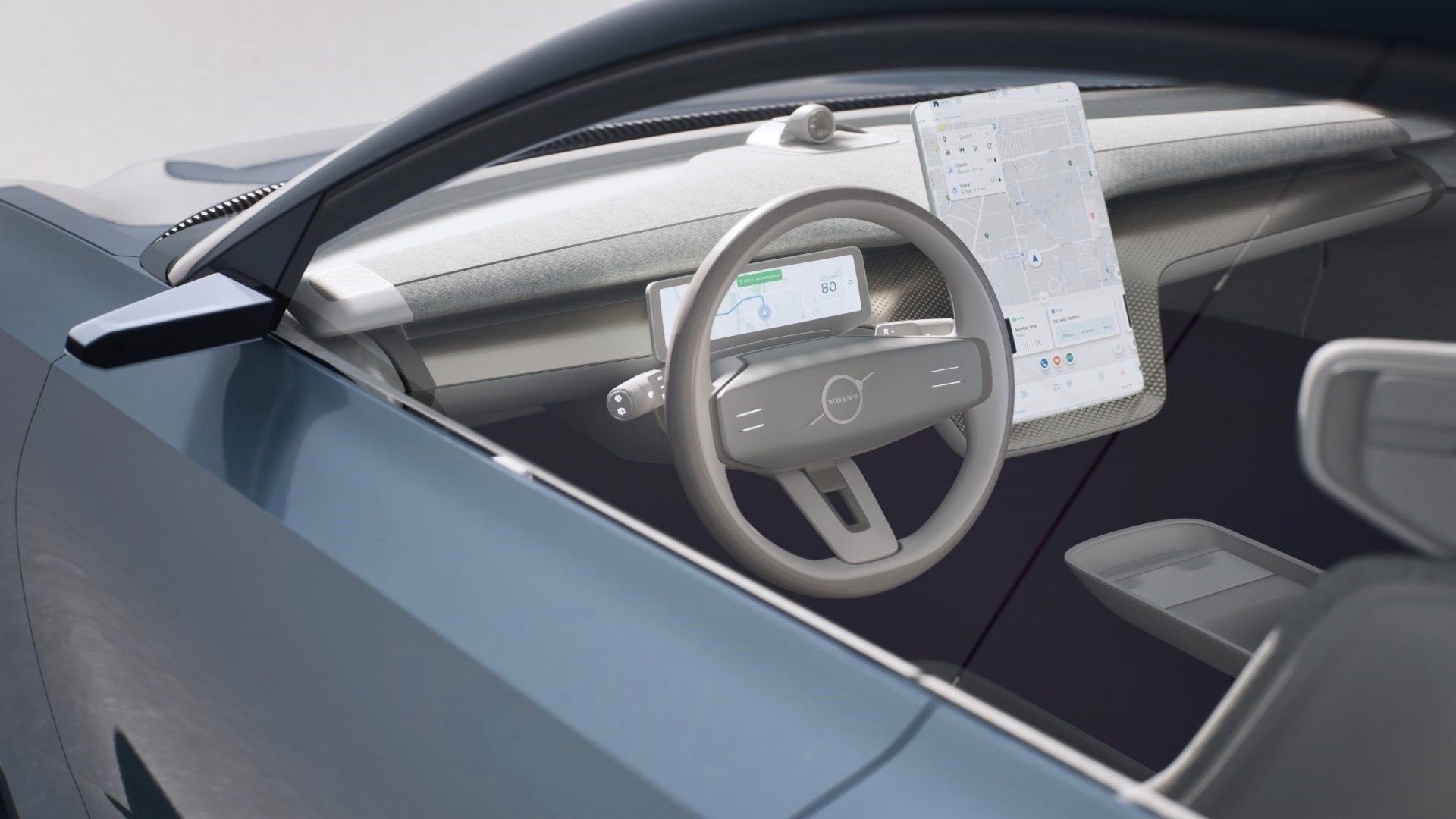The next generation of Volvo electric cars will get sharper infotainment interfaces from an unorthodox source.
Volvo announced Wednesday that it will partner with Epic Games—the studio behind "Fortnite"—to use Epic's Unreal Engine in upcoming cars. This will enable "unparalleled high-quality graphics," Volvo promised in a press release.
Use of the Unreal Engine will initially focus on the driver's display, Volvo said, adding that it will enable sharper graphics, richer colors, and 3D animations.
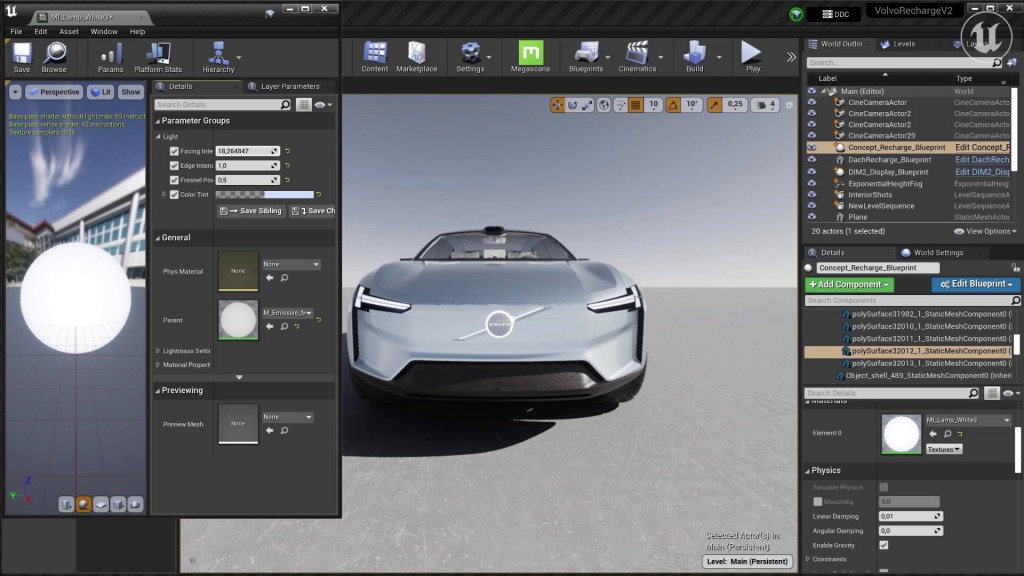
Volvo and Epic Games partnership.
The Unreal Engine will be coupled with third-generation Qualcomm Snapdragon chips, making the next-generation infotainment system more than twice as fast as its predecessor, according to Volvo. Graphics generation and processing will be up to 10 times faster, the automaker claims.
The first car to get the new graphics will be an all-electric flagship model Volvo plans to reveal later this year. This will be the first of a new generation of EVs launching through the end of the decade. Volvo aims to go all-electric by 2030.
Volvo claims to be the first European automaker to use the Unreal Engine, but it's also used in the GMC Hummer EV, for its "moonshot" interface influenced by lunar missions and providing accompanying graphics for the Watts to Freedom (WTF) launch mode.
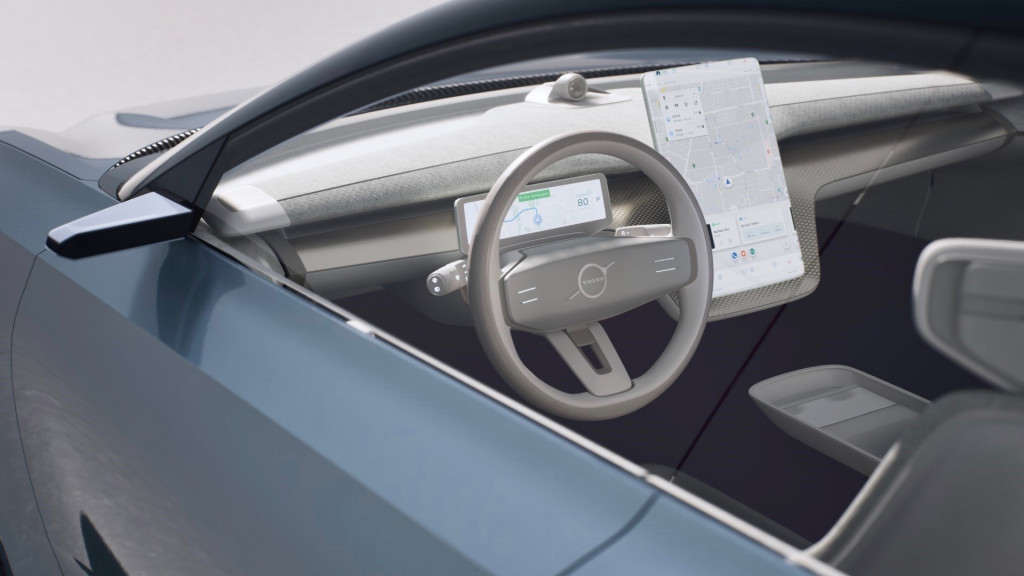
Volvo and Epic Games partnership.
Automakers have been seeing EVs as the venue for introducing entirely new, complex interfaces—like the Mercedes-Benz Hyperscreen. However, Consumer Reports has noted that this tendency to introduce complex interfaces in EVs has led to them being more trouble-prone than other models.
Meanwhile, it appears that Volvo's cousin, Polestar, will be headed even further into the Google ecosystem. The brand already uses an Android-based operating system, but a next-generation interface shown in 2020 had even greater integration of Google Assistant, which Polestar said would allow more personalization.
